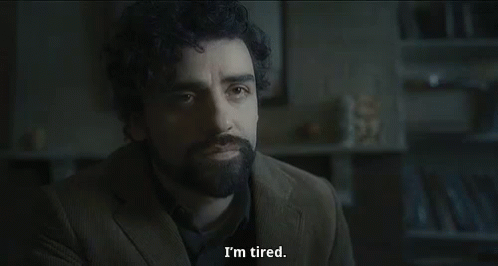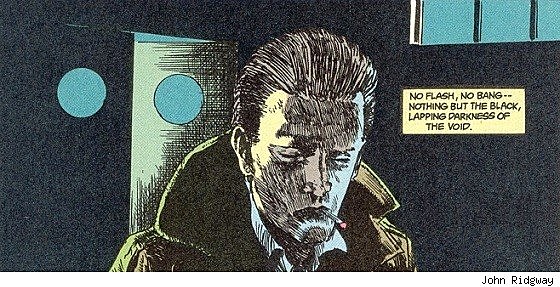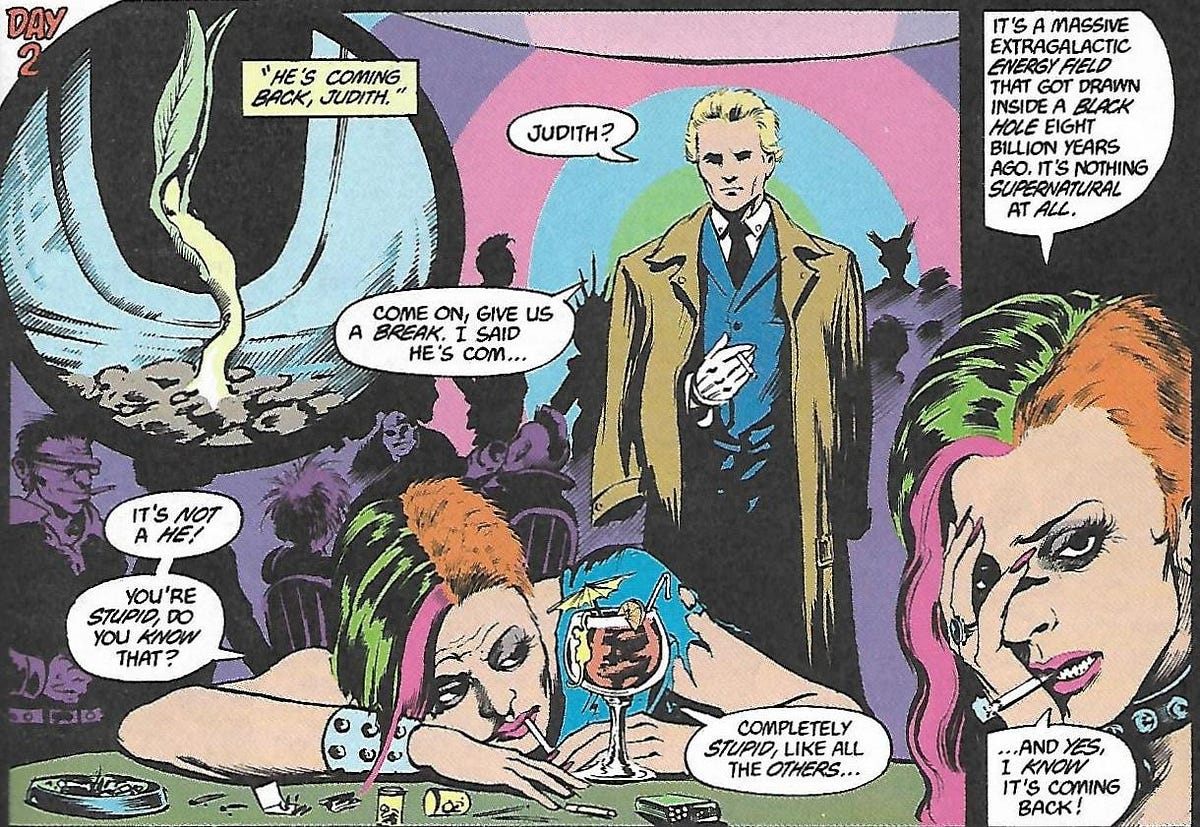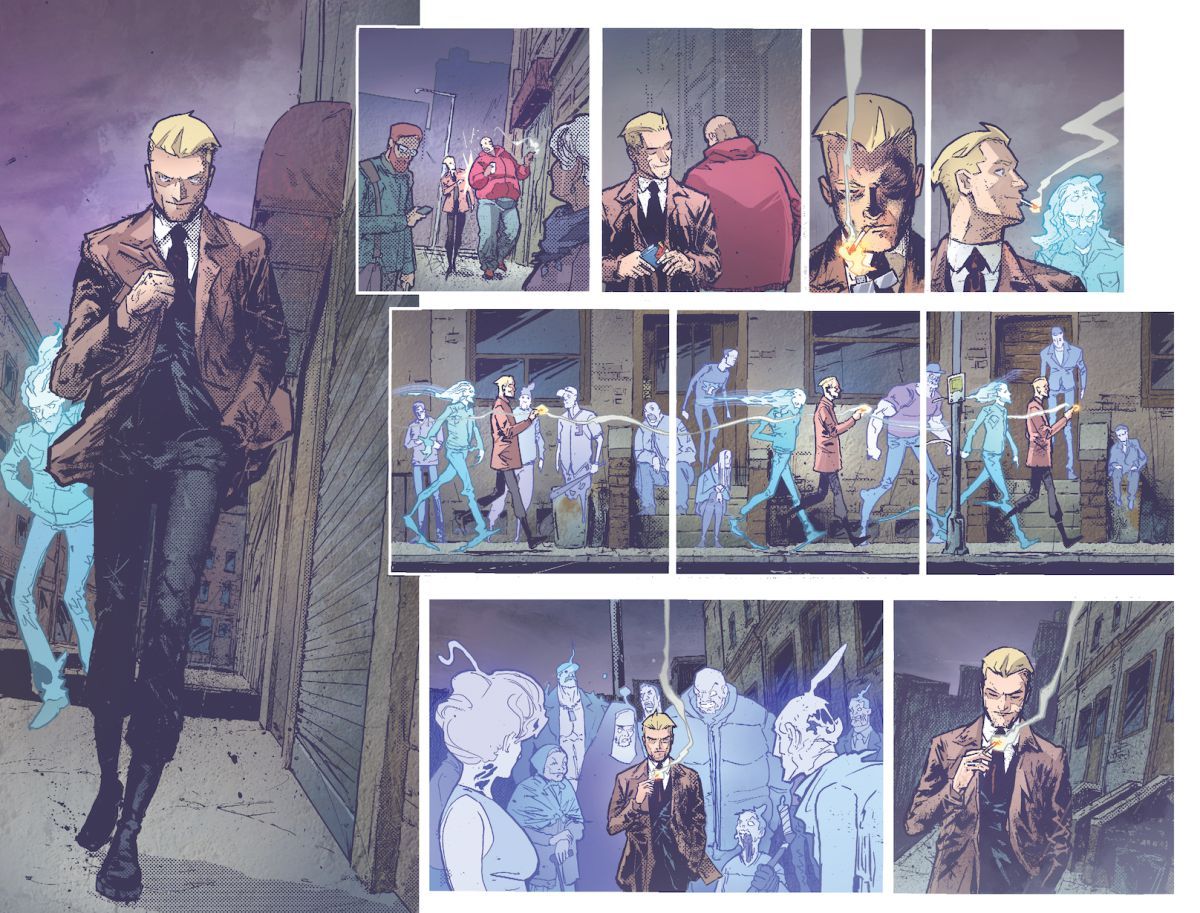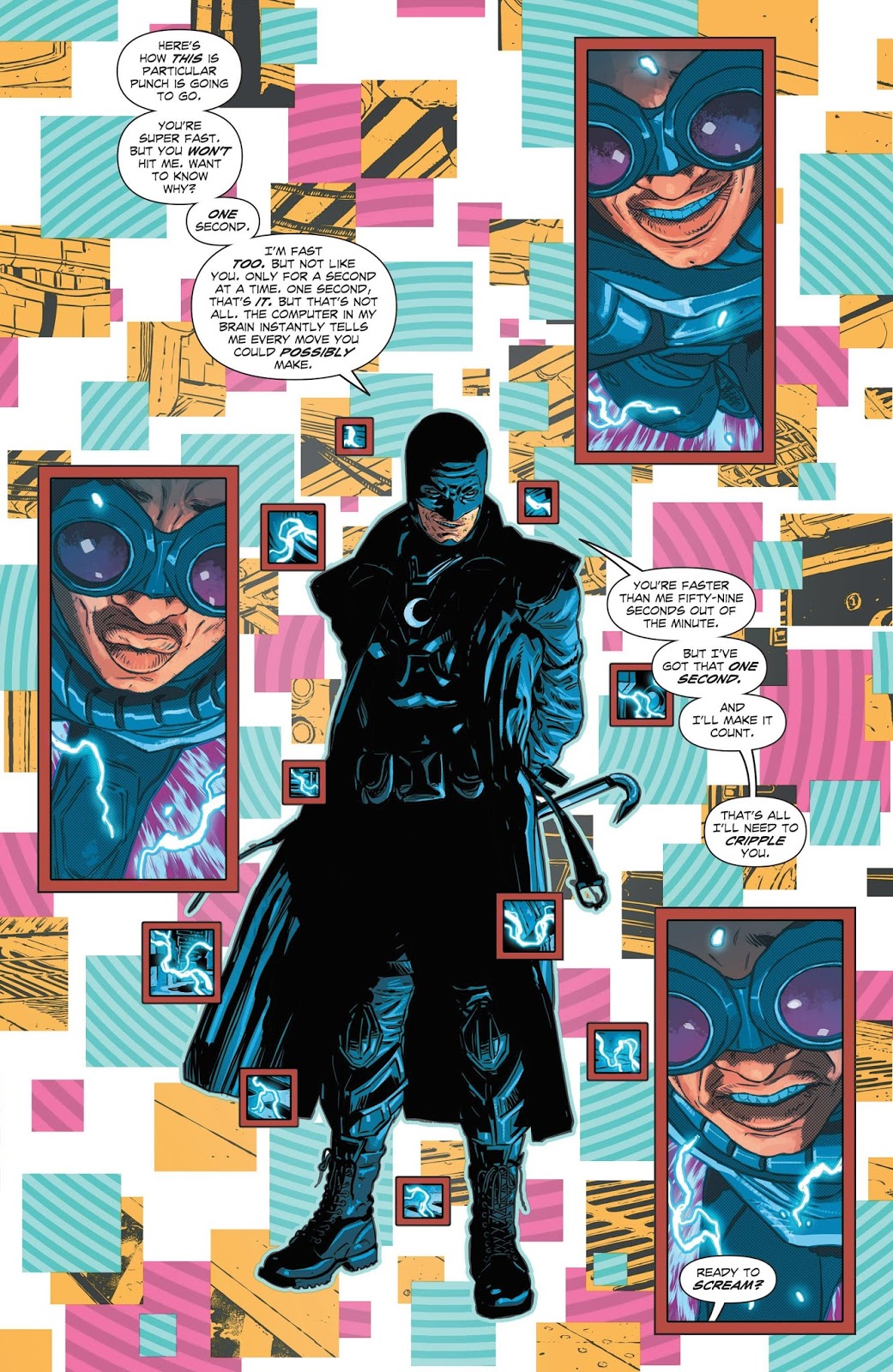They have this idea that, "so they became friends because their moms have the same name?" It's just completely overlooking all the deeper context and subtext around this. Trigger words are a real thing, words that trigger memories, flashbacks, feelings and ideas.
You’re completely on point imo about the PTSD aspect. We’re shown it very graphically and emotionally with the flashback to childhood with the moment Bruce’s parents were murdered before his eyes, with young Bruce helpless to intervene.
I think the issue most people have with “Martha” is that Superman says her first name instead of saying “my mother.” That is unusual in the sense that most people do not refer to their mother by their first name—and indeed in the film Clark refers to his mother as “mom” or “ma.” So detractors of this scene view that dialogue choice, i.e., the use of “Martha” instead of “my mother,” as clumsily or artificially
contrived in order to establish the plot device of both mothers sharing the same first name.
I’ve seen a number of explanations as to why that still works fine for some folks including that Superman tries (but is unable to) to gurgle out “Kent“ after Martha; that he feels the imperative to try to provide more specific information than just “my mother,” i.e., “Martha” makes it someone in general that needs saving and then Batman might more readily listen as such; or that Clark believes that because Bruce views him as an “alien” that he will have no sympathy for Clark having a mother, etc.
But I think the choice to say “Martha” versus “my mother“ is most likely intended to be deliberately controversial. I am sure that when Snyder, Terrio, Affleck, Nolan, et al., watched the dailies of this scene during production they must have foreseen how strong an internal reaction this dialogue choice would likely evoke. It’s hard for me to imagine that they would not have anticipated the furor over it.
We know that by the start of the fight that Clark recognizes that Batman is Bruce Wayne. Clark calls out to Batman as “Bruce.” And it was also insinuated when Superman shows up during the Batmobile chase scene and toe taps the Batmobile out of commission and then warns Batman to retire. Yes, Superman might have overheard the Batmobile chase with his super hearing and came to investigate. But after Luthor’s charity ball it seems pretty clear that Clark realizes Bruce is Batman. So would Clark not have then watched Bruce for a while with his X-ray vision and seen Bruce in the Batcave, etc.? Anyway, all this establishes that Clark… who is an investigative reporter!… surely must have researched Bruce at least to some degree.
I think this is important to recognize: a decision has been made by director, writer, and producers that
we have not been shown any of that! It’s all left for us to infer, to surmise, by connecting dots, etc.
And that is a conscious choice that the filmmaker has made. I do not think that as meticulous as Snyder is about so many lore related things like embedding countless comic book reference easter eggs, etc., that he would be oblivious to something as important as this. It’s the dramatic climax of the entire movie!
So why was this done? My speculation is this:
BvS is a deconstruction of superhero mythology. Deconstruction places these mythic, archetypal, fictional, idealized superhero characters into the real world that actually exists and reimagines what that might actually look like.
In real life
we are not shown everything pertaining to the “why” of things. We are not shown what happens outside of what we are able to view or perceive. There is a tremendous amount going on below the surface of what we are able to observe that we must peice together and ultimately make our best guesses at. Many things of a fundamentally abstract nature, such as the
meaning of any particular thing (and possible multiple meanings at that), we may never have the ability to know empirically with absolute certainty. In real life there is no “script” or dialogue leading us by the hand, giving us exposition to explain what is happening or what things mean. (I’ve been thinking about this for many years now but Rob Ager’s video that I posted sums this up really well, btw.) In the fictional space of comics, literature, TV shows, movies, etc., we can do that. But real life does not give us that. As Bruce says to Clark during their fight “the world only makes sense when you force it to.”
So is it too much of a stretch that the Martha scene is intentionally designed to force us, the viewer, to make a choice about how we make sense of it? As noted there are quite a number of ways to interpret what Clark is doing in that scene. But what if… even though we are not shown it on screen… Clark has indeed researched Bruce Wayne; and in fact Clark is very much aware of the trauma that has haunted Bruce his entire life, and indeed of Bruce’s failure to deal with that trauma emotionally having even corrupted Bruce’s soul in many ways?
If this is a cogent explanation for what we see take place on screen with “Martha,” then my interpretation is that Clark actually has a lot of sympathy for Bruce going into that showdown. Clark understands that Bruce Wayne is a good man, and a force for good In the world. Clark still disapproves of Batman’s ruthless form of vigilantism and entirely lawless tactics. (Although Clark in his own right has had to wrestle morally with his own governmentally unsanctioned unilateral use of super powers in a democracy, and is therefore ultimately guilty of more or less the same basic sins as Batman regarding his own vigilantism. “A bit hypocritical, wouldn’t you say?“)
I think Clark pulls his punches throughout the fight (he could easily win at any point but like Jesus lets himself be tortured and scourged, also note Batman uses a spear) and is hoping to let Batman exhaust himself, and then he’ll speak reason to him. But he finds himself at risk of actually being killed so Clark plays his last resort psychological trump card to shock Bruce into awareness of his trauma history. And as we see, it works.
Because Bruce grasps that this is what Clark has done for him, i.e., put him in touch with his inner demons and to work through the trauma (at least sufficiently to begin healing and function far better), Bruce is of course grateful for that! Bruce realizes what Clark has done there. Clark has risked almost being killed by Bruce in order to help Bruce work through something that has been torturing Bruce his entire life! That is a great gift indeed. It is an incredibly selfless and prosocial act! Of course Bruce is going to return the favor by saving Clark’s mother after that! And not for nothing this gives Bruce the opportunity to undergo a catharsis related to the trauma of the murder of his own mother, i.e., to symbolically live out young Bruce’s fantasy of saving and rescuing his mother.
Right, although I wouldn't completely dismiss Snyder's objectivist or libertarian leanings. This philosophy exists outside and apart from the traditional American constructs of the left or right. So it's a coin toss whoever those people end up voting for. The emphasis on the mantra of "freedom" in 300 dovetails with an affinity for this philosophy. Government oppression and overreach is a theme in all his DC movies. And he looks at the extreme opposite of that with the anarchy in his zombie movies and the vigilantism expressed by Rorschach and BVS Batman. He's very interested in the concept of freedom and exploring how it survives at both extremes of the spectrum, from fascism to anarchy.
Yeah, I do agree with this. And I concur that he sees it as extending far beyond just Ayn Rand’s philosophy.

















